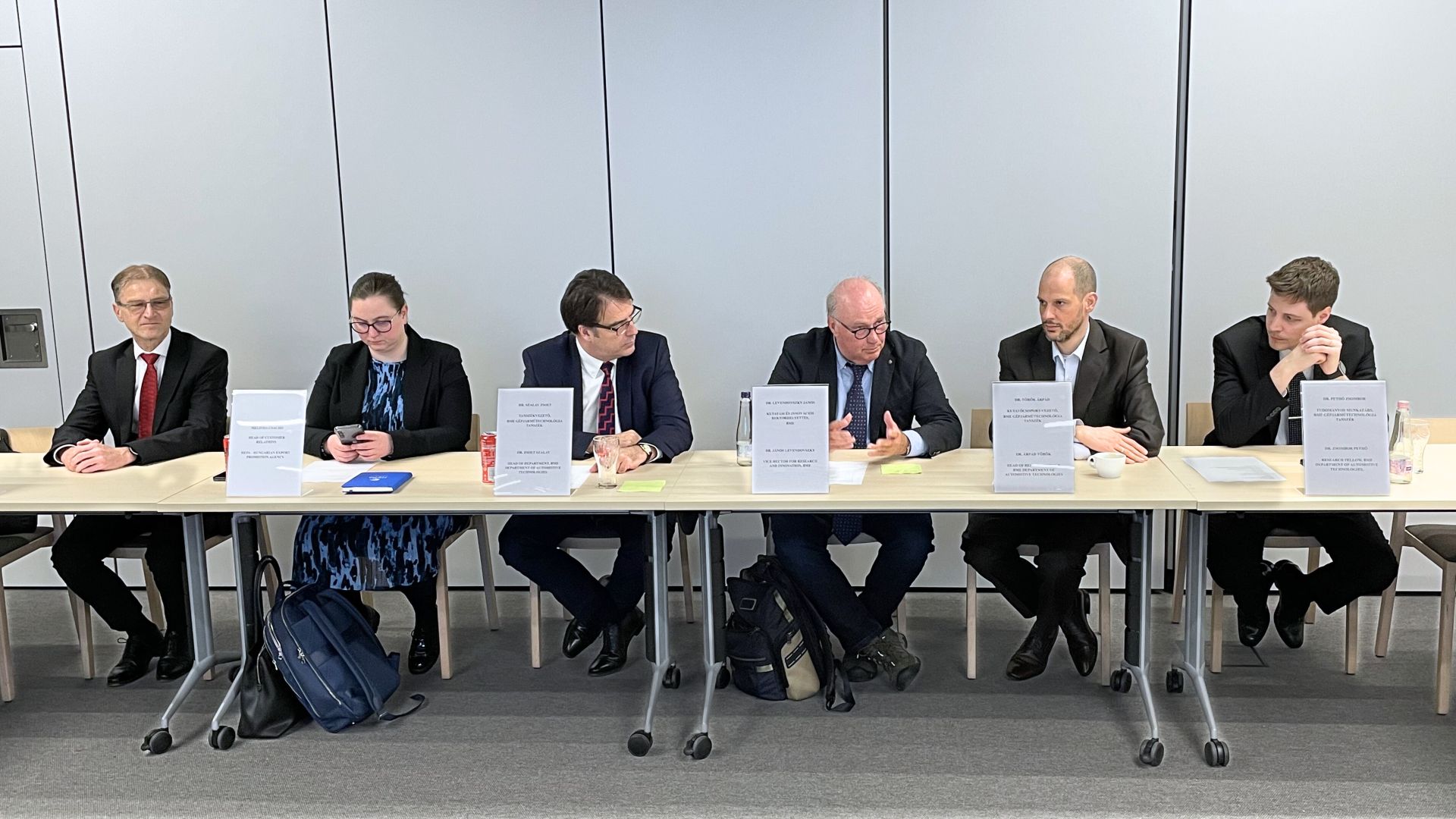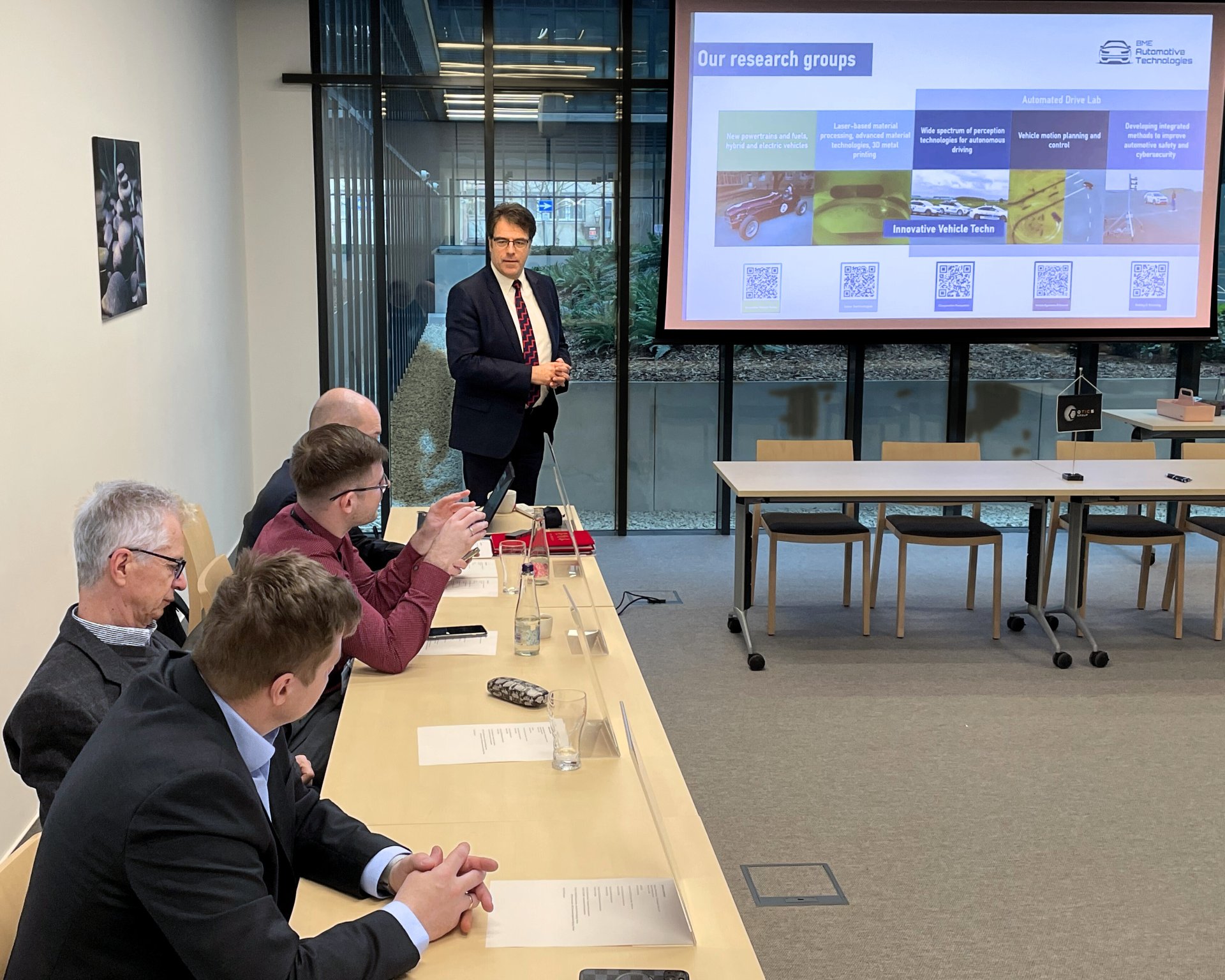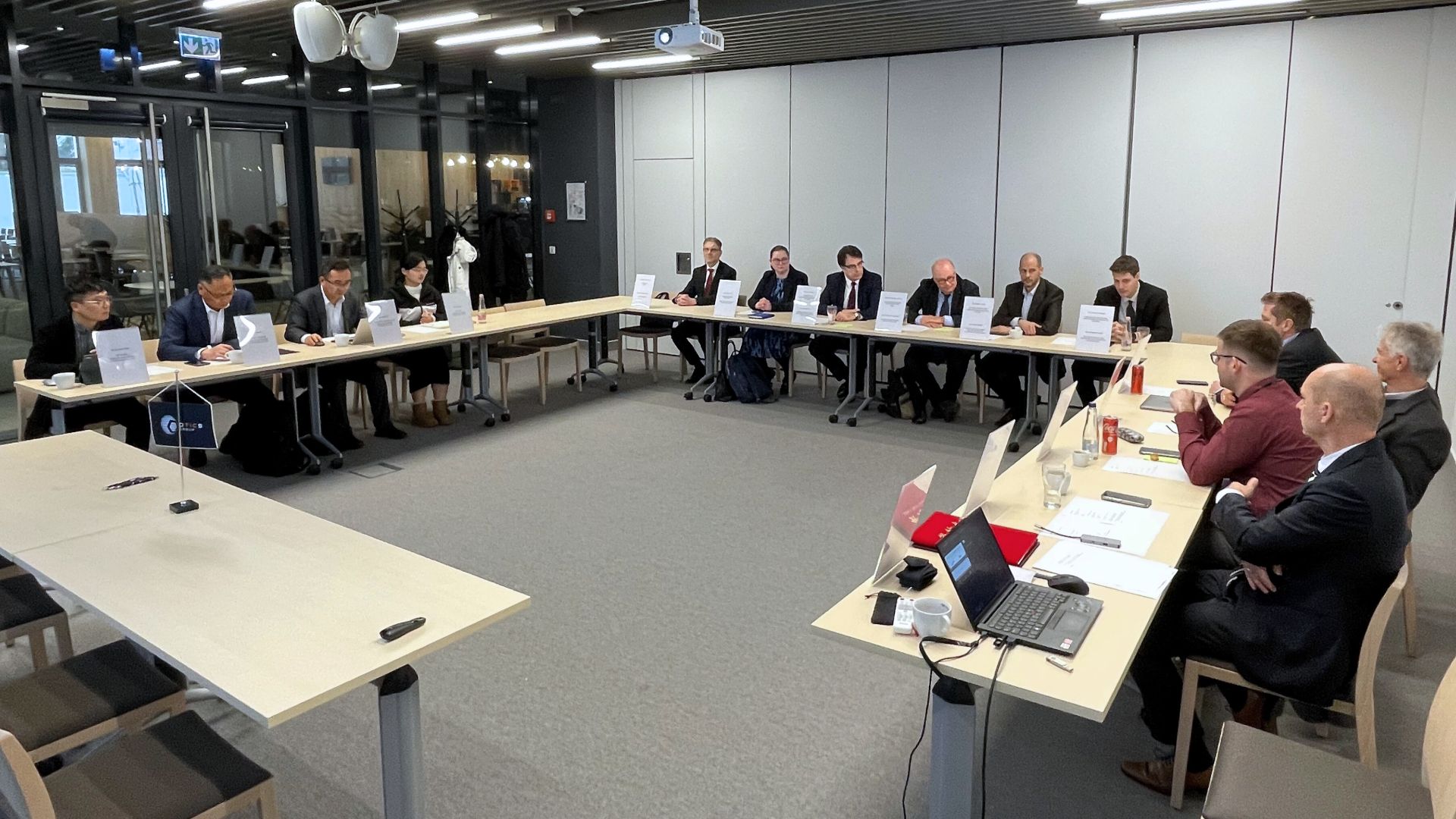Software for a premium experience – Future-shaping event in cooperation between BME and Jaguar Land Rover: BME x JLR TechDays 2025
In the first week of May, BME x JLR TechDays took place once again – one of the flagship events of the strategic collaboration between Budapest University of Technology and Economics (BME) and Jaguar Land Rover (JLR). The highlight of the two-day professional program was the much-anticipated keynote by David Nesbitt, Global Director of Digital Product Platform at JLR Product Engineering. His talk, titled Software Defined Vehicle and Future Technologies, became a memorable experience both for its forward-looking content and for the active engagement of the audience.
The Vehicle as a Software-Enabled Ecosystem
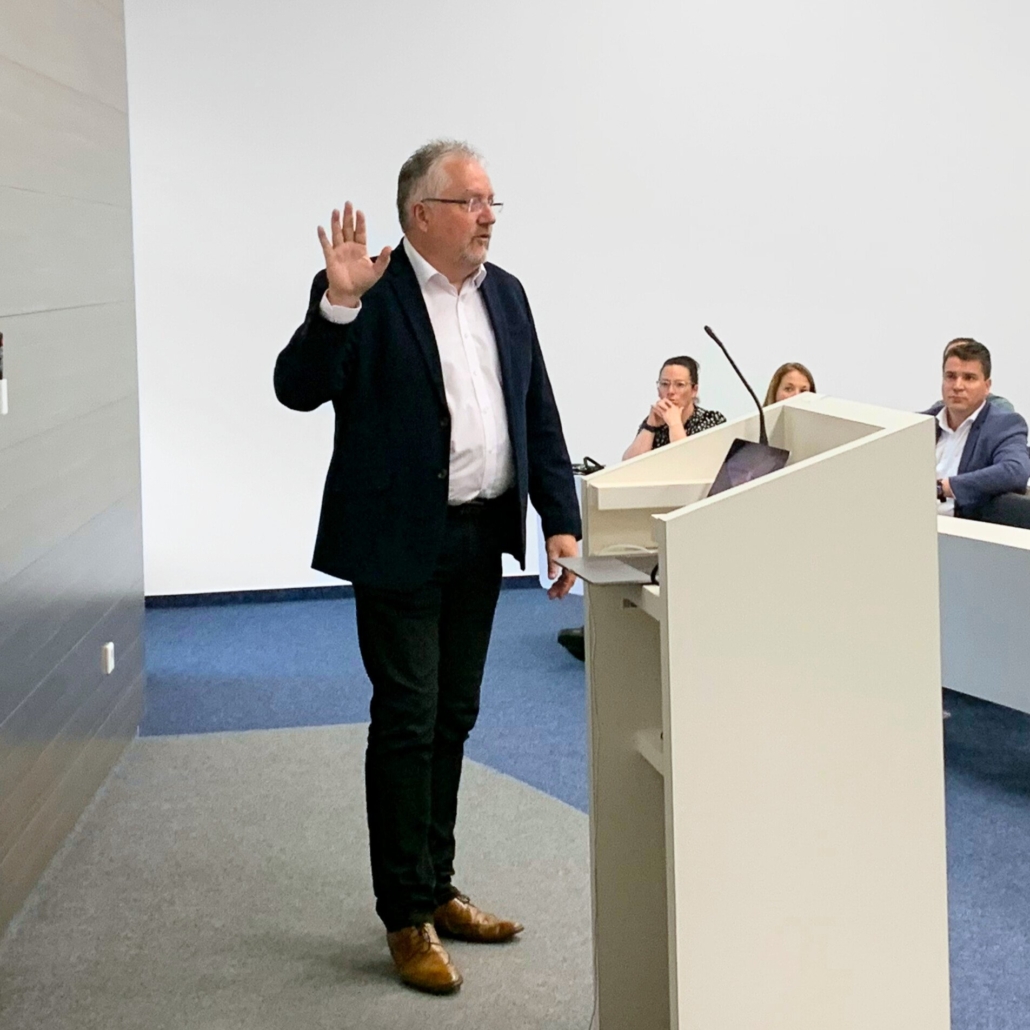 In an interview ahead of his keynote, David Nesbitt shared his insights on the future of vehicle software. According to him, the term “software-defined vehicle” can be misleading – a more accurate term would be “software-enabled vehicle.” The aim is not for software to dictate what a car can do, but to empower rapid introduction of new services and experiences.
In an interview ahead of his keynote, David Nesbitt shared his insights on the future of vehicle software. According to him, the term “software-defined vehicle” can be misleading – a more accurate term would be “software-enabled vehicle.” The aim is not for software to dictate what a car can do, but to empower rapid introduction of new services and experiences.
In Nesbitt’s vision, the car becomes a key element of a personalized mobility ecosystem: it could assist passengers in organizing flights, planning airport departures, managing parking, or seamlessly using another branded vehicle in a foreign country, personalized to the user’s preferences. Premium experience, in this context, extends beyond driving – it encompasses the entire mobility journey.
“I’m really proud to work for Jaguar Land Rover – proud of our products, but even more so of the people I work with,” says David Nesbitt, who collaborates with 14 international engineering hubs, including the one in Budapest. “Every team I work with is excellent. It’s a great opportunity for me to be here at the university today, meet new people, and explore future projects we could realize together.”
Speaking about JLR’s product strategy, Nesbitt laid out a clear direction: “Our premium customers are not just looking for features – they want simplicity, comfort, and a seamless experience. For instance, we’ve deliberately reduced the number of physical controls in the Range Rover. There are still some buttons, partly due to regulatory reasons and partly because certain functions are simply more intuitive that way. But our goal is to avoid overwhelming the driver with sensory input or tasks. We want to create an interior that is calm, refined – a space from which drivers emerge truly relaxed.”
Nesbitt emphasized how this contrasts with other industry players: “Some competitors throw too much data and too many options at users – that’s not what we believe in, and it doesn’t align with our brand.”
At the same time, the premium experience goes far beyond the vehicle itself: “This is now about an entire ecosystem. I imagine a customer sitting at home in the evening with a glass of wine, thinking about the next day’s tasks – some of which will involve the car. These can be planned in advance, even remotely – or the car itself might anticipate the user’s needs and adjust its settings accordingly. That’s where we’re headed. We already have many capabilities – but there’s still a long way to go.”
The Platform That Gives Engineers Freedom
One of the central messages of the presentation was that software does not define the experience – rather, it creates the framework that enables the desired experience. JLR’s comprehensive digital platform allows for a complete rethinking of the customer journey, while preserving the brand’s signature refined and elegant driving environment. Minimal use of physical controls, avoidance of visual or sensory overload – all reflect the philosophy that a car is simultaneously a tool, a space, and an experience, with the customer always at the center.
Collaboration with BME: Engineers, Research, and a Shared Future
The collaboration between JLR and BME has developed significantly in recent years, culminating in a formal strategic partnership agreement last year. During the TechDays, a professional discussion was held to explore future joint opportunities.
“At Jaguar Land Rover, we see collaboration with universities as completely self-evident – it’s just common sense,” says David Nesbitt, who visited BME for the first time. “This is my first chance to personally learn about the capabilities of some faculties here, and I can already see that they are closely aligned with our technological strategy. That’s exciting in itself.”
Nesbitt says there are no illusions at Jaguar Land Rover: “We’re not too proud to admit that we need others’ expertise in development. Collaboration brings immense value – we can always learn something from our partners, especially in the technical domain.”
The relationship with BME is already strong: more than 200 developers are working for JLR in Budapest, many of them with ties to the university – in fact, the local team leader is a BME graduate. “This is already a solid foundation – but it’s just the beginning. We can take even bigger steps together.”
There are numerous areas for joint development: “Connectivity, cybersecurity, cloud-based platforms, electric architectures, computing performance, artificial intelligence, graphics, autonomous driving – these are all key areas. I’ve seen some truly impressive technology here that we could integrate into our products to enhance the customer experience.”
Nesbitt adds that JLR also collaborates with other universities globally, as it operates multiple sites around the world. “What would be truly exciting is not just building bilateral relationships, but creating a global academic network in which BME plays a key role. That would be a huge opportunity for everyone involved.”
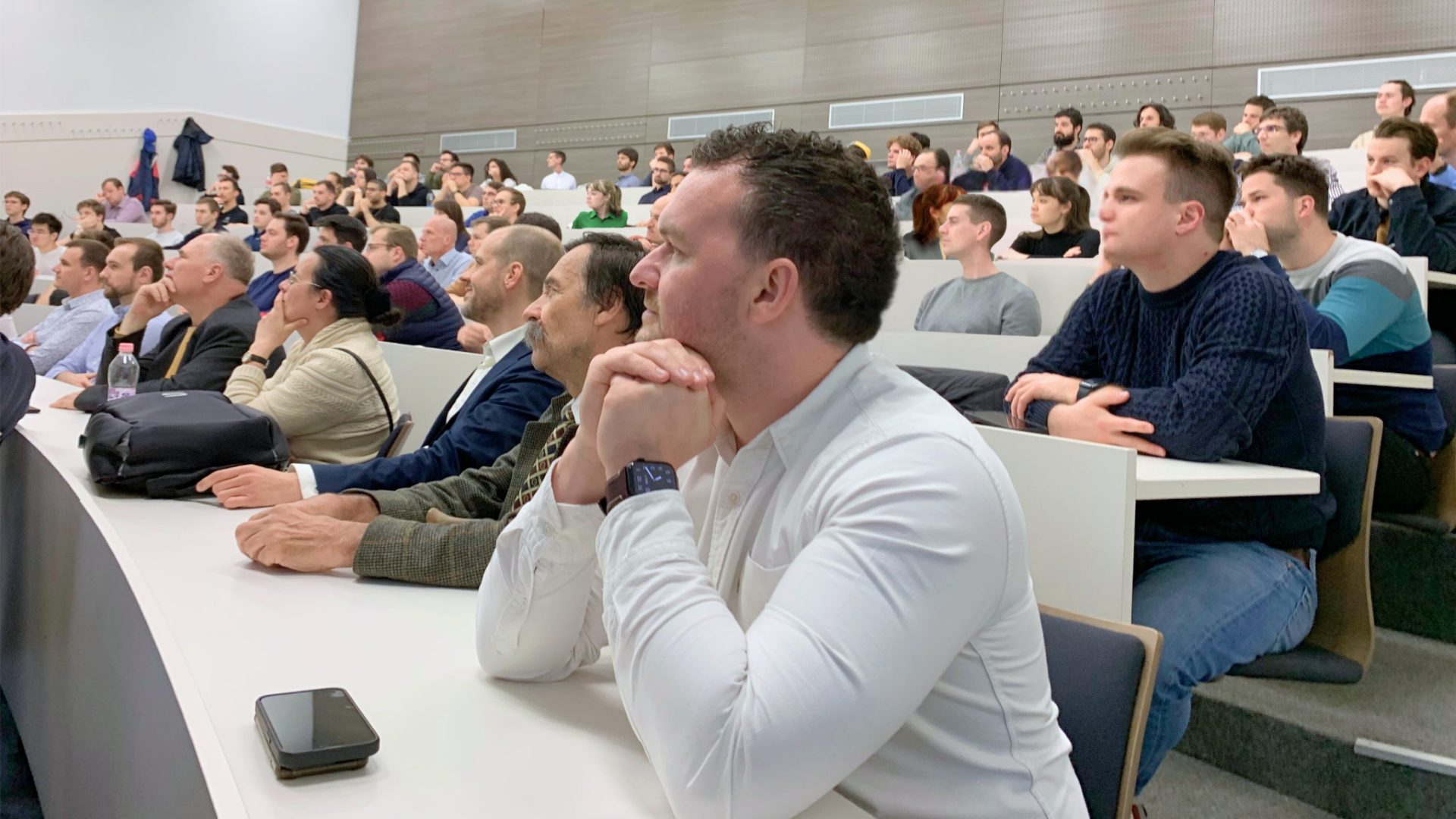
Why Should BME Students Choose Jaguar Land Rover?
“Why? Easy – we’re the coolest automotive company in the world – why wouldn’t they choose JLR?” David Nesbitt laughs, then quickly adds that he’s only half-joking. “But seriously, Jaguar Land Rover is a truly special place to work.”
“We’ve built a very open and supportive corporate culture. People really matter to us – we listen, we value their input, and we give them the opportunity to make a real impact through their work. Those who work with us are not just executors – they’re contributors and creators.”
He believes this people-centered mindset is one of the main attractions for young talent. The other major factor? The product itself: “Our vehicles are simply fantastic. Personally, I’m extremely proud to be part of the JLR team – and I’d be surprised if my colleagues didn’t feel the same. We love what we do, and that’s something you can feel everywhere we operate around the globe. I, for one, have the best job in the world – and I mean that quite seriously.”
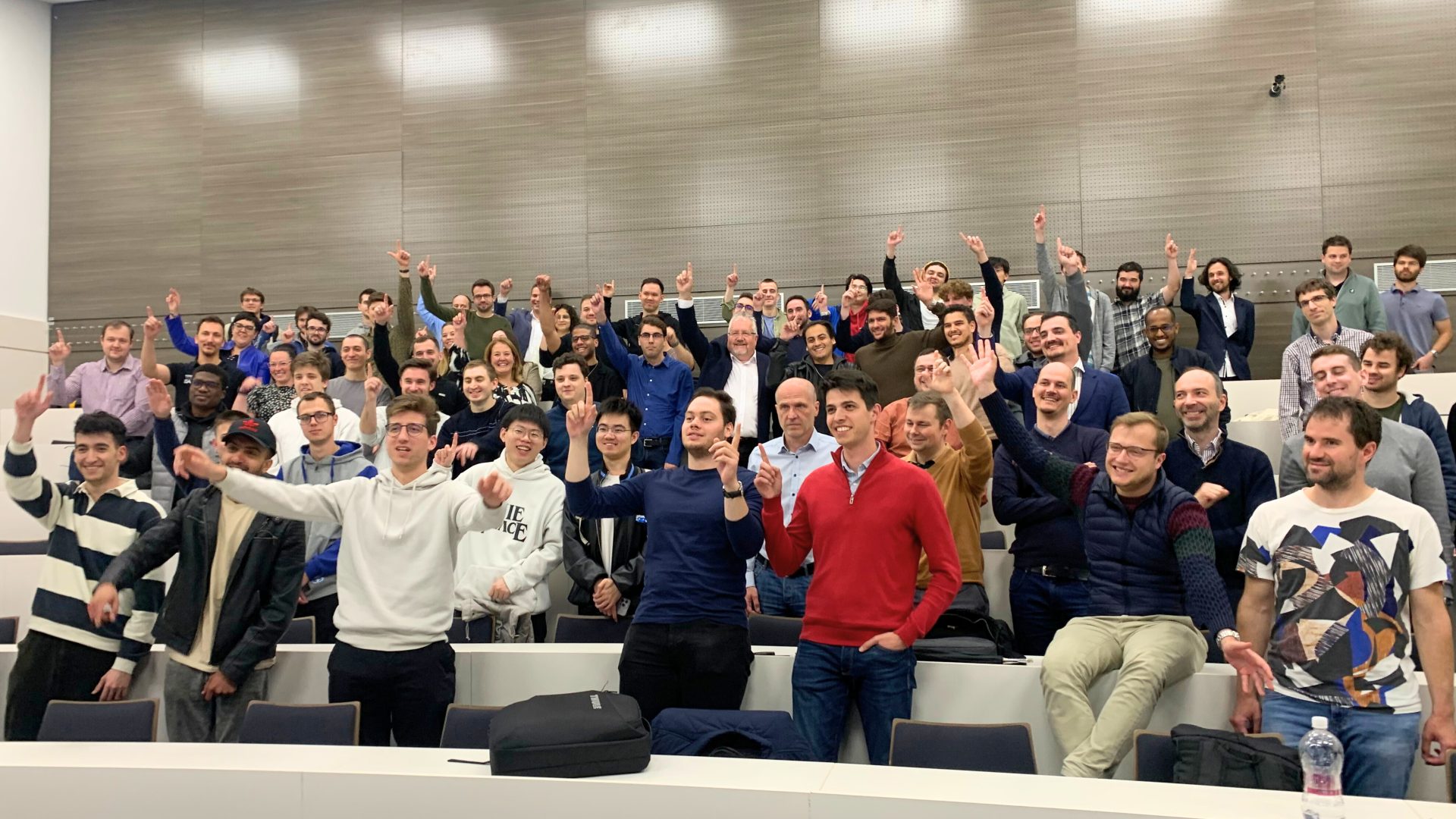 Outstanding interest and active audience engagement
Outstanding interest and active audience engagement
David Nesbitt’s keynote was memorable not only for its content, but also for its atmosphere. Held in one of the lecture halls of Building Q, the event concluded with a long line of attendees eager to ask questions—making it nearly impossible for the speaker to leave the room. This enthusiastic response highlights the genuine and growing interest within BME in the digital transformation of the automotive industry and the strategic implications of software-driven technologies.
Moments of a growing partnership
BME × JLR TechDays served as a professional forum, a platform for inspiring talks, and a new milestone in our strategic partnership. Looking ahead, we anticipate even more joint projects, student and researcher collaborations, and industry engagement—all aimed at strengthening the connection between Hungarian engineering education and the cutting edge of the European automotive industry.
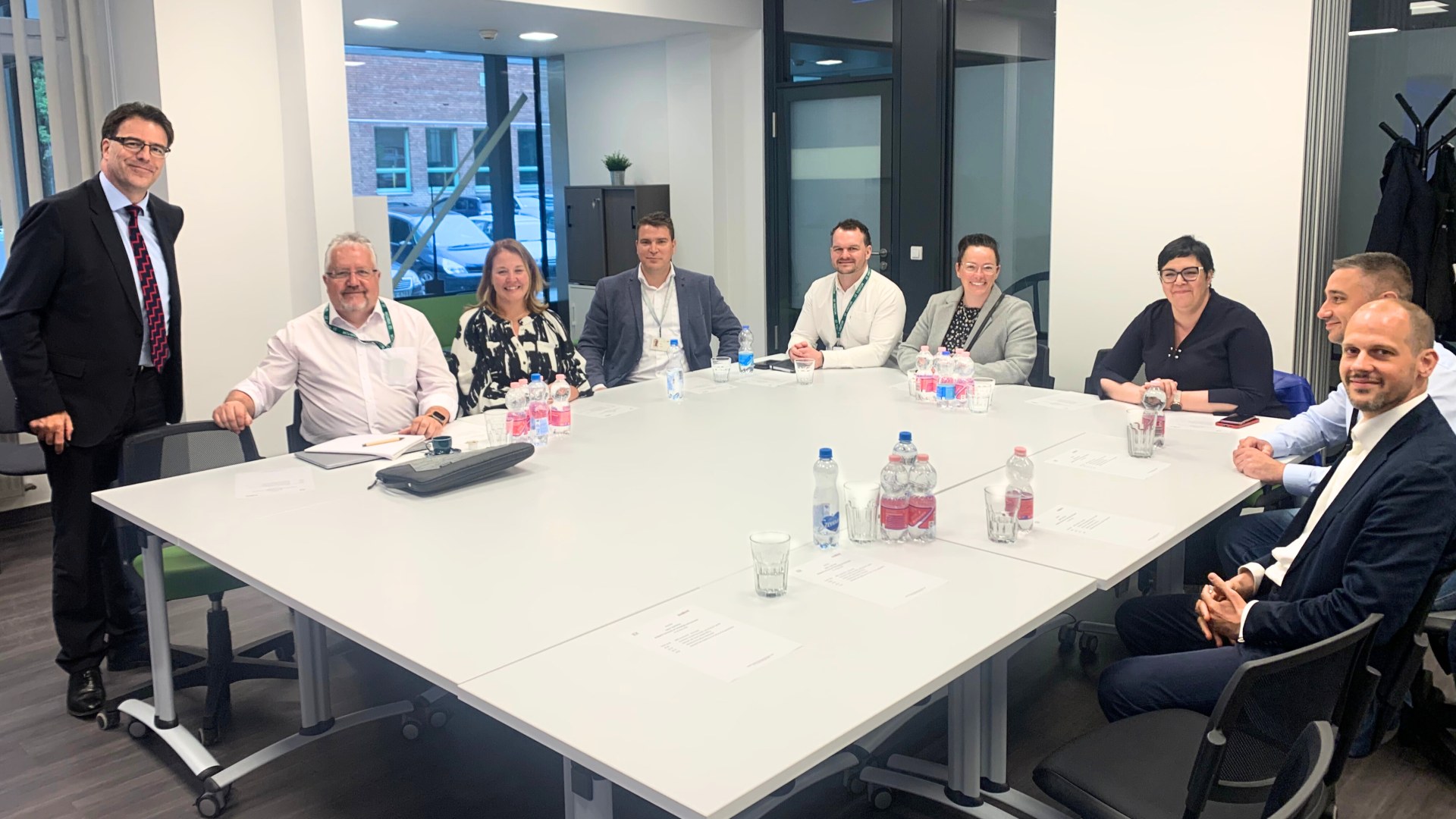
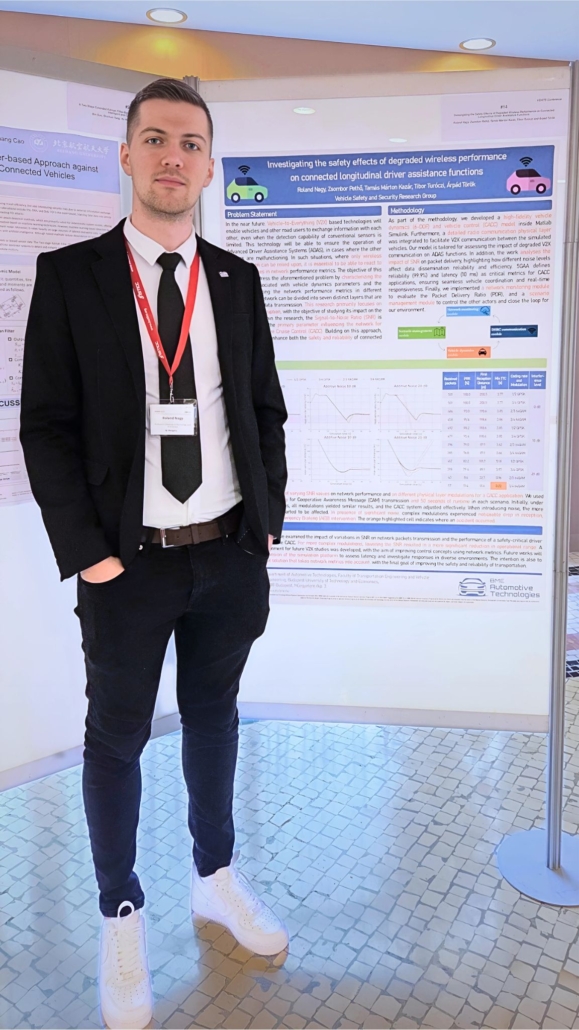
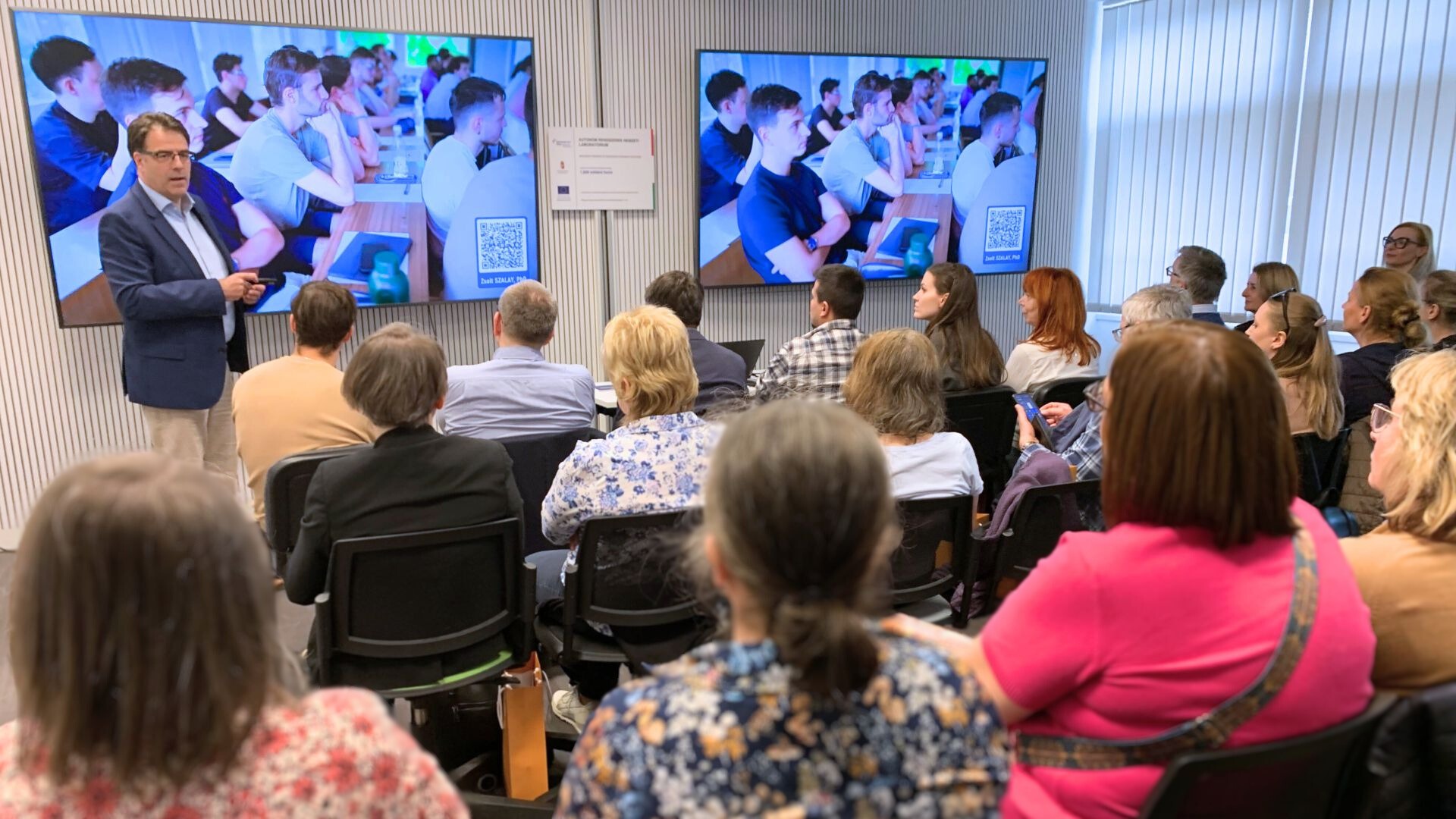
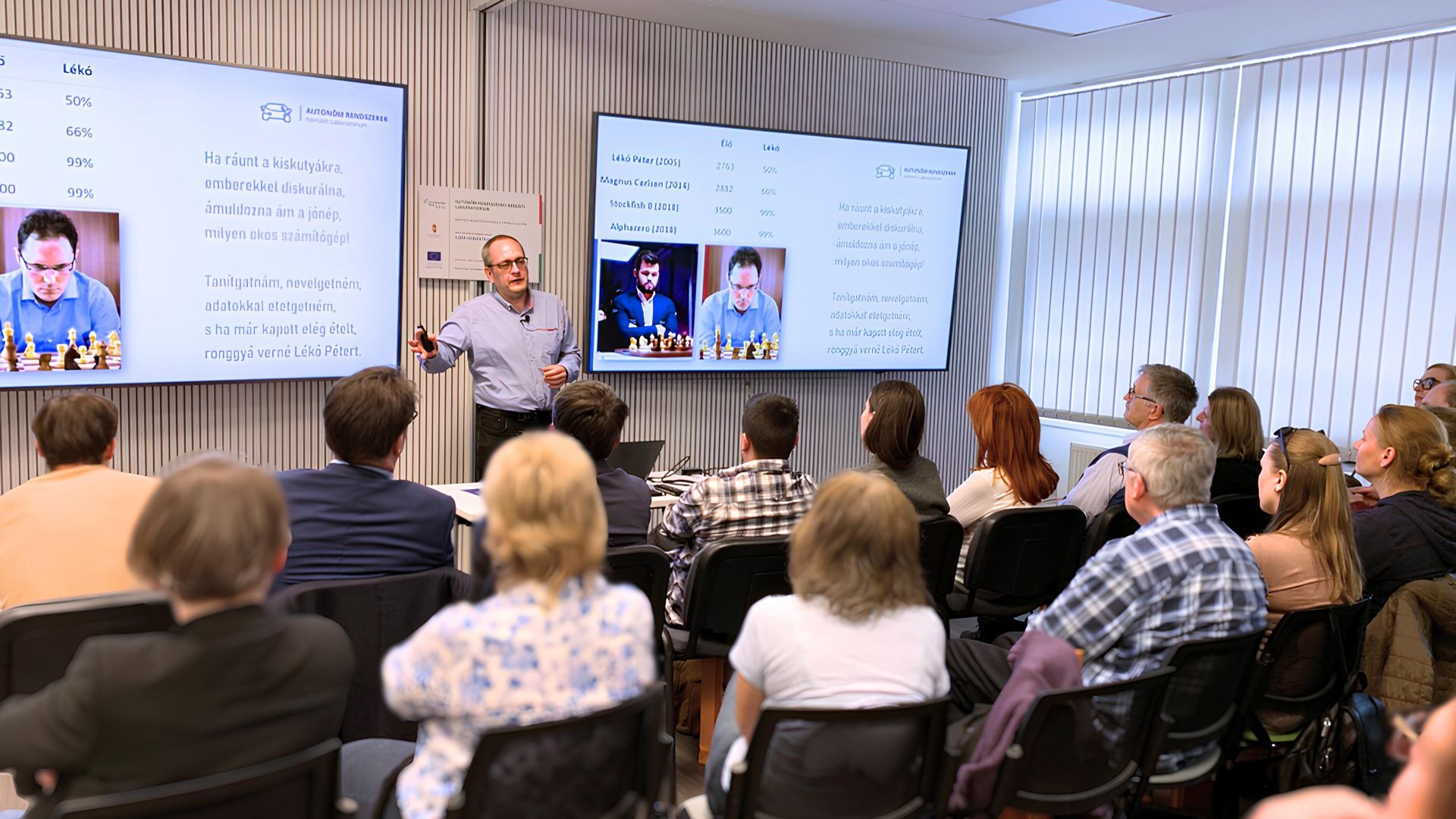
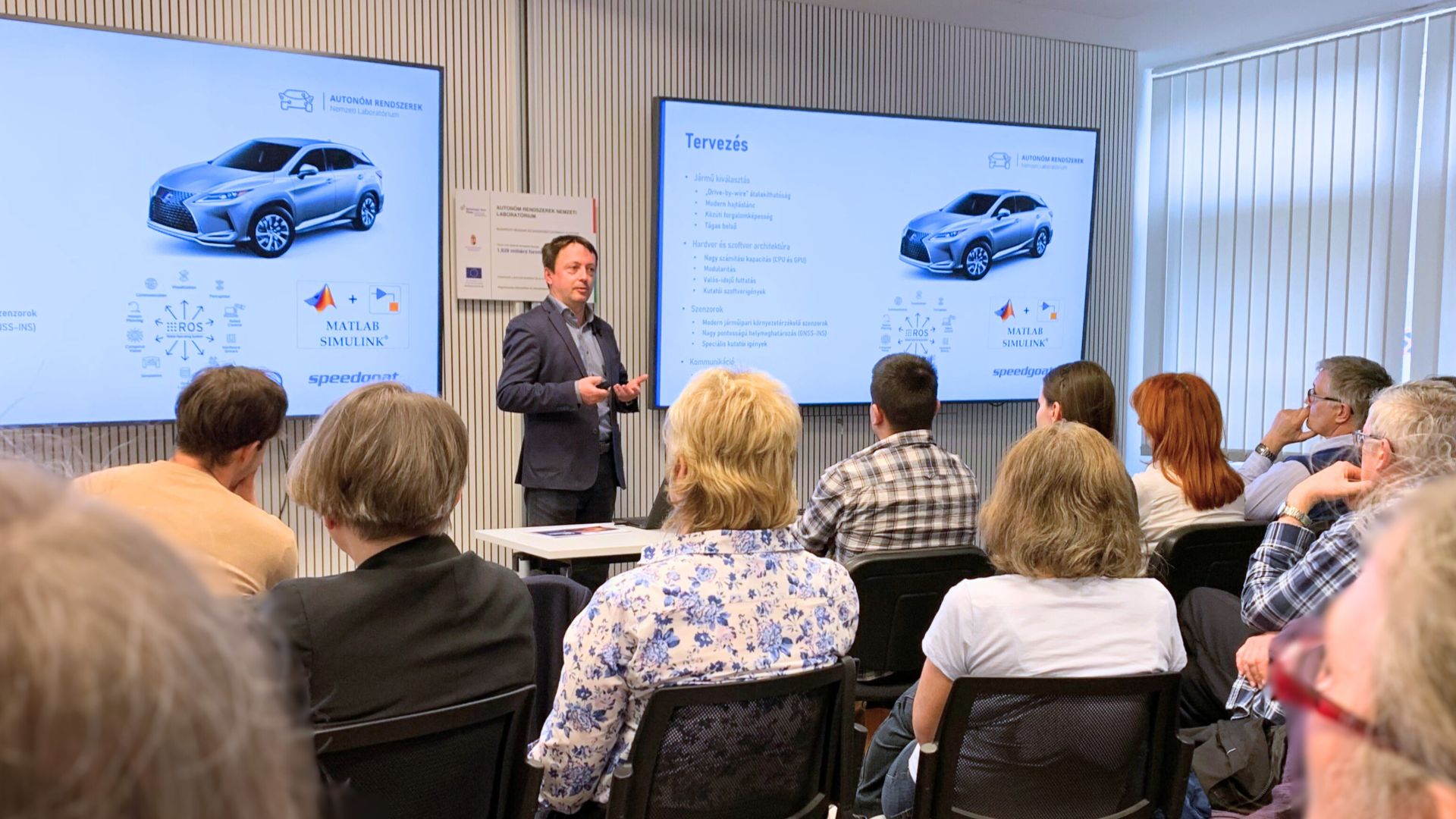
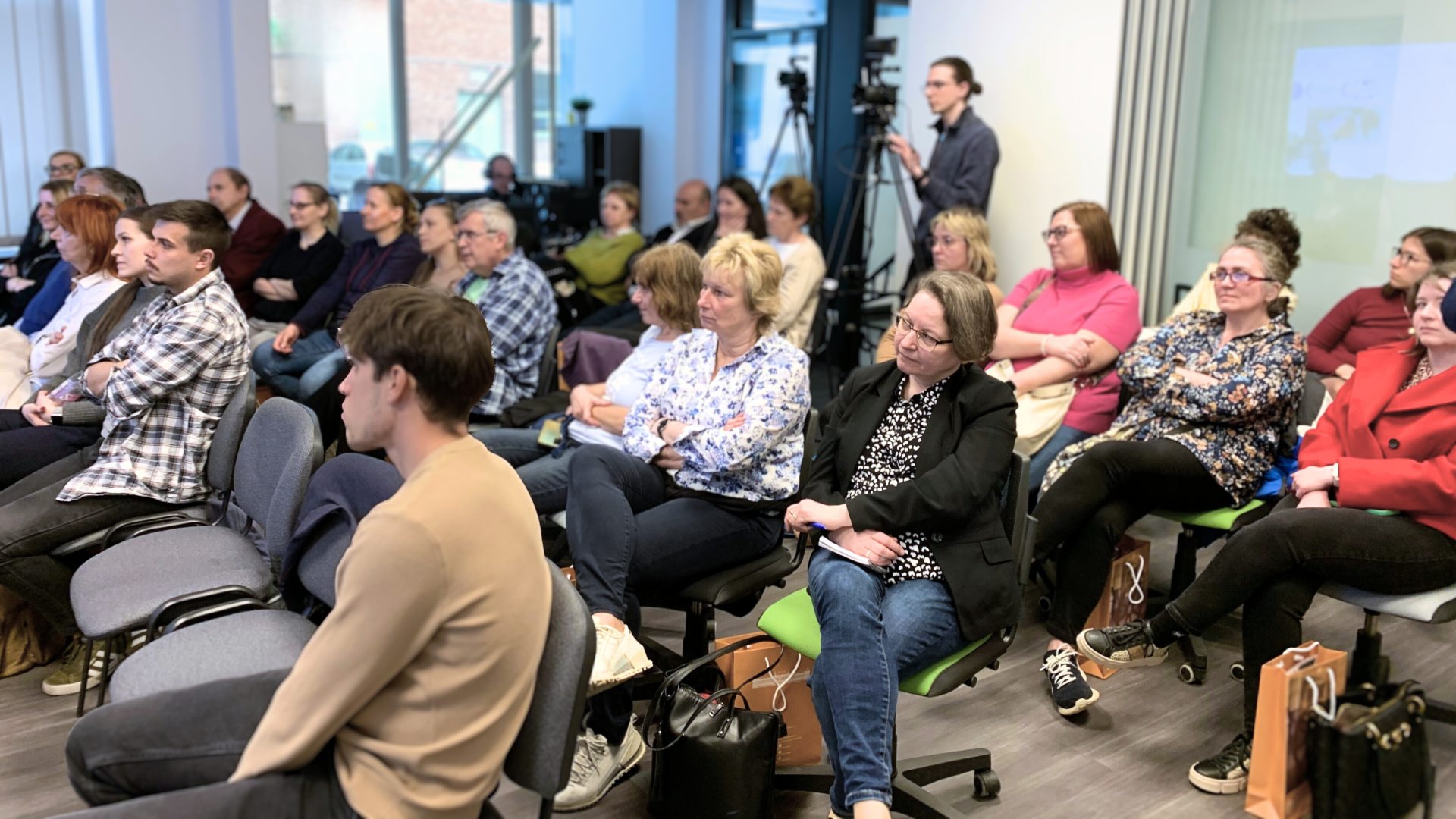
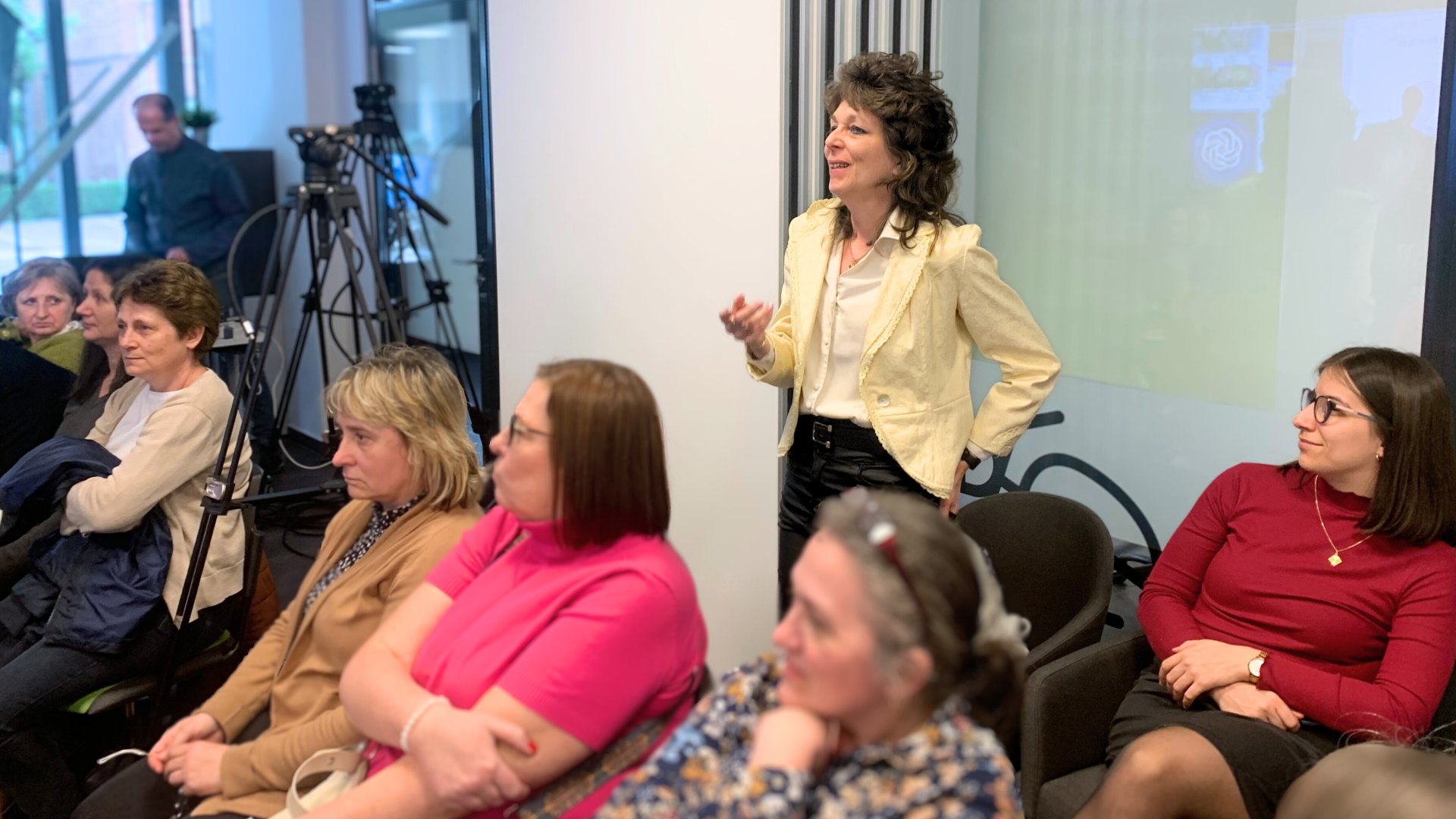 Final Thoughts: “This Was More Than Just Knowledge Transfer”
Final Thoughts: “This Was More Than Just Knowledge Transfer”